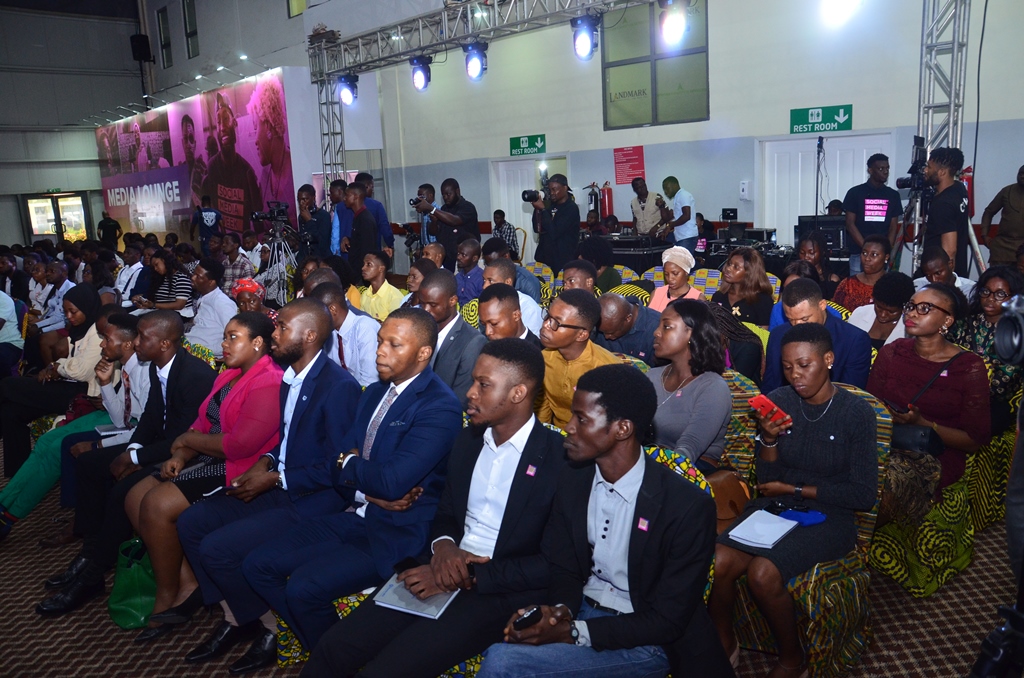Experts at the 2023 Africa Retail Congress harped on how retailers across Nigeria and Africa can leverage the rise of data analytics and big data to drive a better understanding of the industry, consumer and market in general.
During the panel discussion featuring industry giants from diverse niches such as e-commerce, banking, fintech, FMCG, etc, not only the importance of data was emphasized but also the kind of data and how to interpret them for better performance.
Bankers need the application of retail knowledge in their business
On his part, Olu Akanmu, the former CEO of Opay said not only retailers in the FMCG or e-commerce need the application of retail knowledge but bankers too.
He compared the retailing of goods and services to banking and its products.
He said bankers should deviate from the conventional approach they judge performance but instead look into individual customer data and how they transact with the bank.
- In his words, “If we take a retail mindset to look at the business of the branch and granulate it and pass it from the foundation. How many customers have we got in this branch? How many of them come in to do transactions every 30 days? …how much are you making per customer? You can begin to form that into the revenue you make on a monthly basis. What will be the incremental value in revenue if the customer uses more products or services of the bank?”
He opined that people who do their retail banking business this way are bound to be better retail bankers than the traditional way people do branch banking and further advised the alignment of data architecture to the retail business model.
Data whether big or small should be contextualised
Bayo Adekanbi, the CEO of Data Science Nigeria, deviated from the emphasis on big data and opined that there are tons of small data retailers can use to better understand their business.
He also said there are a lot of disjointed data that retailers cannot make sense of through contextualisation.
- He said, “There is so much that we have all over the place that we need to have a way of touching the data so that they can speak to themselves because data is only powerful when disparate, disjointed data are aligned together so that we find common patterns in margins and this is critical because people are not statistics, they are bundles of emotions and it is in aggregating data that we begin to segment people and outcomes”
Customers’ online experience should be seamless
On the strategies traditional brick and mortal businesses can use to make a seamless transition into the digital era, Jan Tucker said retailers should design the online store to be similar to the physical in look and feel.
That is the customer experience and journey should be similar to what obtains in the physical store.
The CEO of Konga, Nnamdi Ekeh said financial inclusion goes beyond connecting people to the financial system, but the bigger problem is “financial colonialism” with the prevalence of USD in the economy and payment difficulty being experienced by small businesses when trying to make international payments.
Other speakers at the event spoke on privacy and security of data and why retailers should ensure customers’ data is used for what it is stated for.























